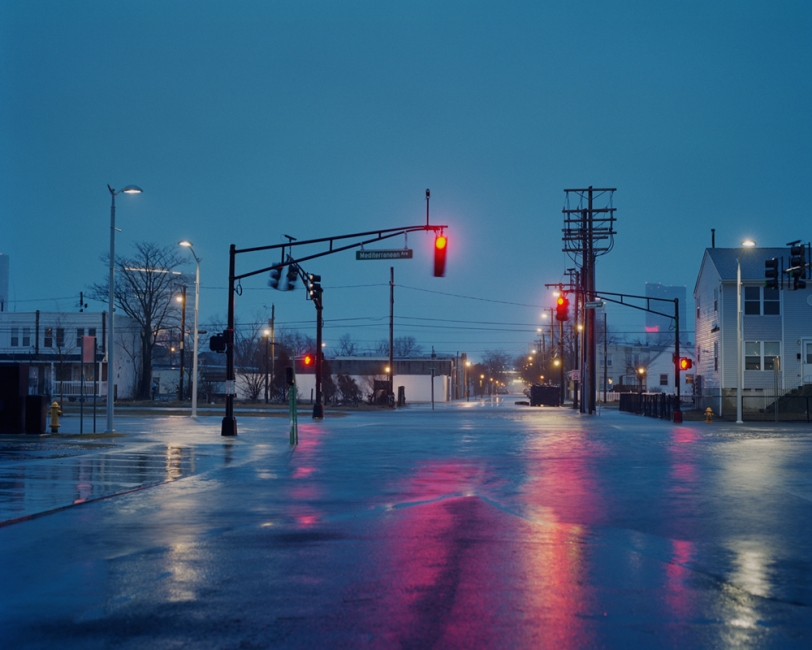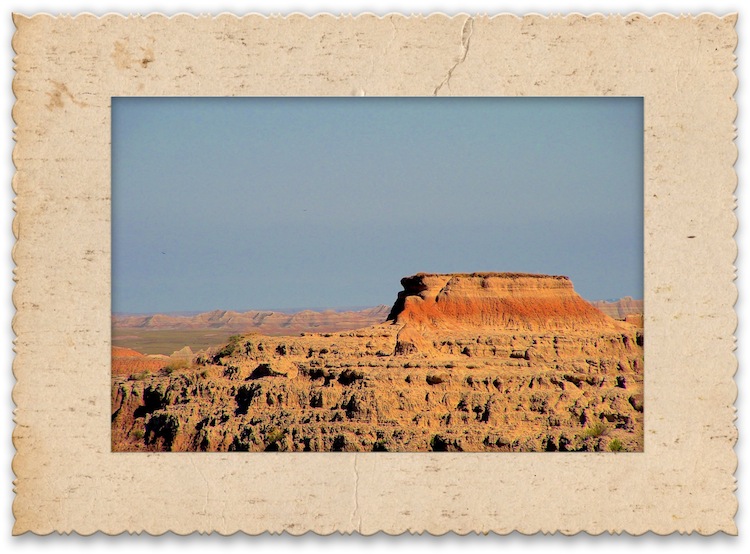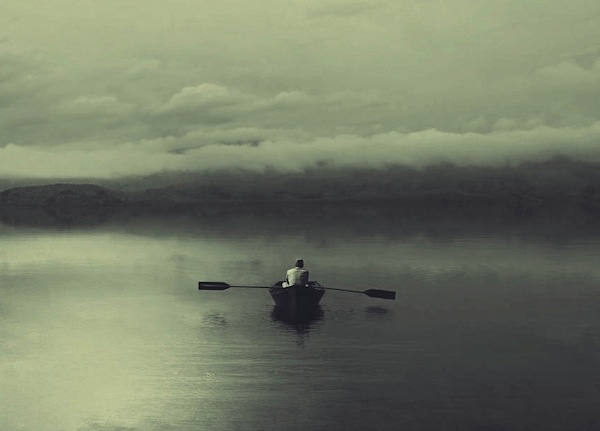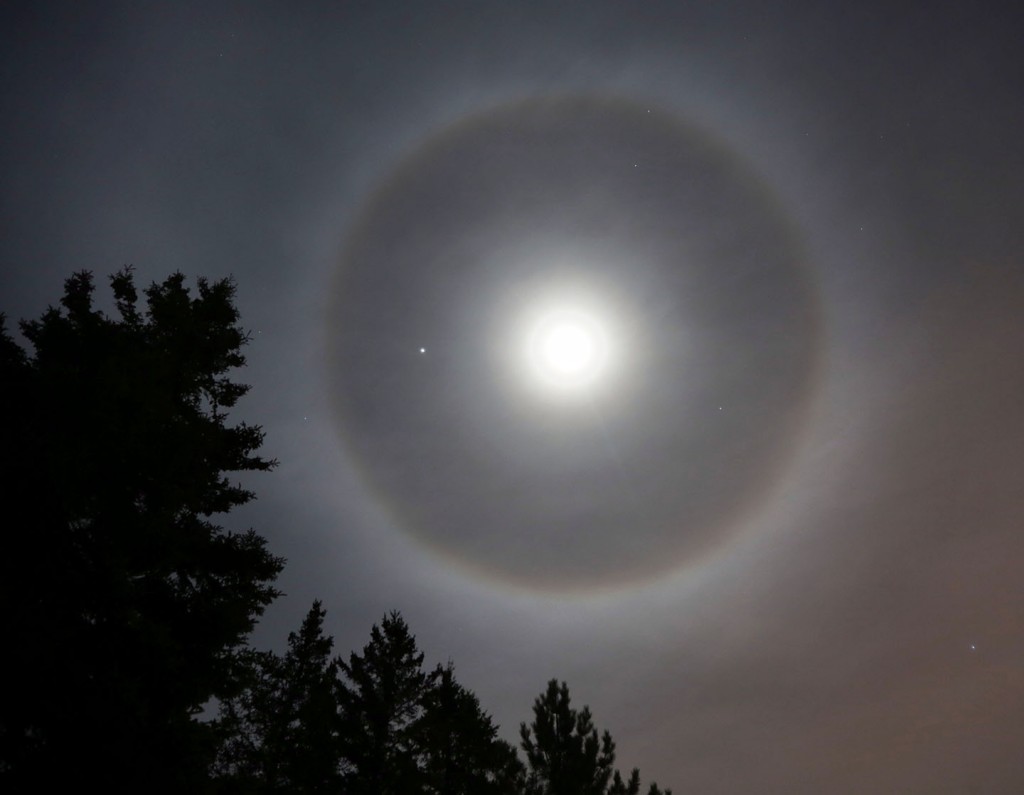Matinee
 David Antrobus Posted on
David Antrobus Posted on  Friday, November 25, 2016 at 6:44PM
Friday, November 25, 2016 at 6:44PM 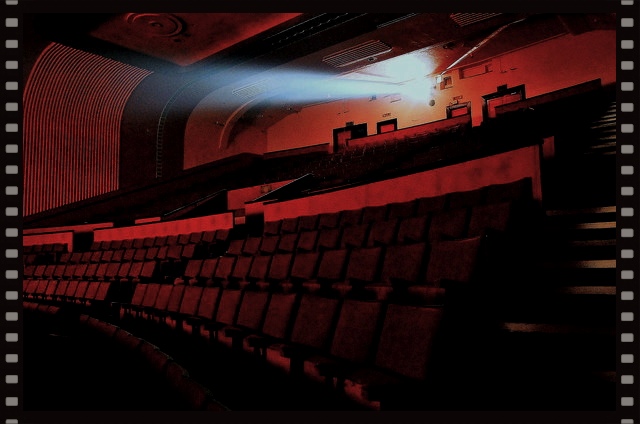 Geneva's a small woman in a small town at the quiet end of a quiet life.
Geneva's a small woman in a small town at the quiet end of a quiet life.
Union Street is straight and plenty wider than it needs to be, and the bakeries and thrift stores and credit unions and jewelers and coffee shops are comforting, like old photos in sepia. It's only partway through November, but the seasonal lights are already up. She doesn't mind. She finds it safe, like when she used to lie beneath the towering fragrant spruce as a little girl, her eyes filled with color and love.
This is her routine on a weekend. Since her Stanley up and died a decade ago now, she's discovered a love of film, so she attends at least one matinee a week, usually on a Saturday, which leaves Sunday open for when she gets the comparatively less frequent urge for Jesus. Fact is, Jesus ain't really cutting it all that much of late.
Ron McDonald manages the movie theater. Everyone forgets how plumb comical his name is now; given time, people get used to most everything. It's called The Empire, and though it mostly shows current films, Ron tries to host a classic or two during weekend matinees.
Geneva feels still as the eye of a thwarted storm, like the storefronts and sidewalk are moving past her and all she has to do is wait until Union and Wabash arrive and she can step off and walk right into the movie house to find her weekly measure of drama.
She knows she's old and unremarkable. She knows her place is set and her role defined. Unseen. If Stanley were still alive, perhaps they might drive to Echo Park, even take a real picnic like old times, red-and-white checkered cloth and everything, while the young folks stared, bemused. He would call her Eva and she would smile. But Stanley is gone, and her life as a wife, and as a waitress, then as a department store salesclerk, and then, briefly, as a student of art history in college before she realized she'd bitten off more—financially at least—than she could chew, is gone.
At the big department store she worked in when they moved to St. Louis for a year, she won Employee of the Month three months in a row. She would've won it four times if the other employees hadn't started to get antsy. Her boss told her he was sorry about that, but sometimes excellence goes plain unrewarded in this world, when the other crabs want to pull you back into the bucket. That's exactly how he said it, too. She still hung those awards on her wall, in the tiny apartment she shares with the odd roach, a colony of bedbugs (she suspects), and plenty of angry Spanish epithets from her florid neighbor.
This is her life. She wonders what would happen if she stripped naked as a jaybird and danced the can-can the length of Union Street. Would anyone even notice? Or care? People in movies do crazy stuff like that and everyone loves them. She sighs, buys her ticket, and finds a seat about ten rows up from the screen and central.
There are more colored folks here than usual (she knows she needs to say African American but her tongue can be obstinate when it comes to current ways), a couple families with kids even, and Geneva realizes why: this Saturday, they're showing To Kill A Mockingbird. Sure, a story still told by white folks, but one that at least looks at prejudice without blinking. She knows because she read the novel a few years back, and she loved Scout's raw, wide-eyed voice and Atticus's quiet nobility.
And whoever picked Gregory Peck must have had the same dreams as her.
While she's watching the show, she drifts and has a memory of when Stanley first hit her. The pure shock of it is like an ice bath. She remembers wanting to disappear, to be like mist, because mist can't be broken. She misses him but she doesn't miss his knobby fists, his sandpapery palms, and his random meanness.
"Are you okay, ma'am?"
Geneva blinks and recognizes Susan, who takes her money most weeks in exchange for a ticket.
"I'm fine. I think I fell asleep and was dreaming. Thank you. And my name is Geneva."
And that's when a dark figure enters through the exit door by the screen and the horror show begins.
Geneva is sprayed by something warm and wet, which turns out to be Susan's blood. The sound of an automatic weapon is like God's rage: all-consuming and limitless. It's everywhere in her head, everywhere in the theater, everywhere in the world. She can sense people clambering over seats in the dark all around her, hear them screaming. To her shame, she is frozen; just as before, she has no fight or no flight in her. She closes her eyes and awaits the inevitable end. Which arrives with sudden silence as shocking in its way as the gunfire had been. But not perfect silence; she hears a man drowning in his own blood, a desolate gurgle, and a child crying. Then another burst and even those sounds are no more.
The man stalks the rows of seats for survivors; she watches him as he gets closer. His face is hidden by a ski mask, but she sees his eyes, wide and cold as sinkholes in ice. He is saying something quietly to himself. It sounds like "Heil Trump," but that seems nonsensical to her. He lingers over the black families, then nods as if some grim ledger has been balanced. Then he heads her way… and keeps on walking, toward another exit door in what was once a theater and is now an abattoir.
Geneva sits for a while, feeling the blood of others move in rivulets down her body. She can hear sirens and sounds of alarm outside. She eventually gets to her feet, shaky and sick deep down in her bones, and walks outside, into an evening smeared with fuchsia and ultramarine and filled with the sounds of human distress.
Not even the cops see her, so she goes home.






